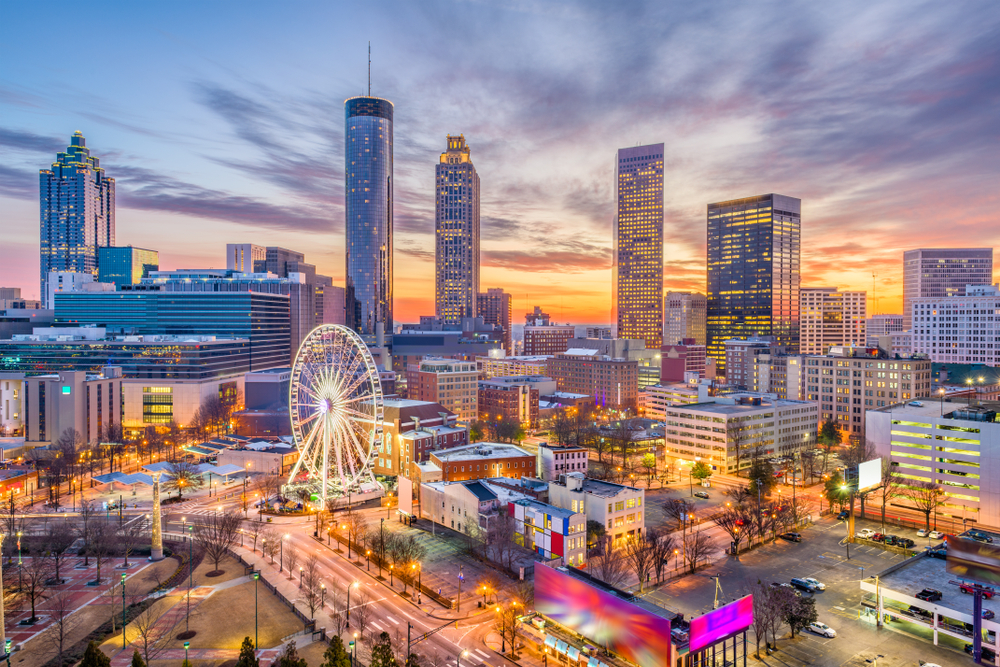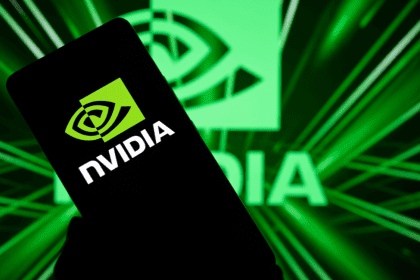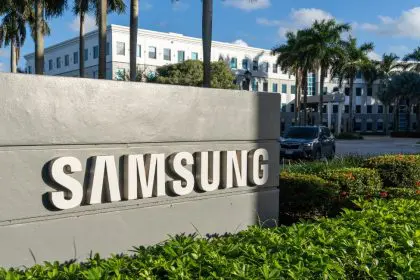For decades, Silicon Valley has reigned as the undisputed epicenter of technological innovation, its name synonymous with venture capital, startups, and cutting-edge breakthroughs. Yet, as costs soar and competition intensifies in California, a quieter revolution brews in the Southeast. Atlanta, long known for its cultural richness and logistical prowess, has emerged as a formidable player in the tech arena, challenging the West Coast’s dominance. Far from a single hub, the city boasts a constellation of innovation centers, each carving out a distinct identity. Here are five key districts fueling Atlanta’s ascent, proving that tech’s future isn’t confined to one valley.
Midtown Atlanta’s tech nexus
At the heart of Atlanta’s tech surge lies Midtown, a bustling district where Georgia Tech’s campus meets a vibrant business corridor. Tech Square, a one-block powerhouse, anchors this area, hosting over 30 corporate innovation centers. Major players like Delta Air Lines and The Home Depot have set up shop here, drawn by proximity to top-tier talent and collaborative opportunities. The Advanced Technology Development Center, a nonprofit incubator, nurtures more than 150 startups at any given time, having raised billions in funding since its inception in 1986.
Midtown’s appeal extends beyond infrastructure. Its dense concentration of accelerators and coworking spaces fosters a synergy that’s hard to replicate. With Georgia Tech ranking second nationally for engineering research funding, the area pulses with academic and entrepreneurial energy, making it a magnet for firms seeking to innovate at the cutting edge.
Buckhead’s startup sanctuary
Just north of Midtown, Buckhead has carved out its niche as a startup haven, anchored by the Atlanta Tech Village. Recognized as the fourth-largest tech incubator in the nation, this complex supports a thriving community of entrepreneurs. The district’s blend of modern office spaces and upscale amenities attracts a diverse mix of tech ventures, from fintech to marketing platforms, contributing to Atlanta’s reputation as a breeding ground for billion-dollar companies.
Buckhead’s growth reflects broader trends. Venture capital investment in Georgia hit $1.6 billion in 2023, with 237 deals statewide, a significant chunk flowing into this area. Its accessibility to talent from nearby universities and a supportive ecosystem of mentors and investors ensure that Buckhead remains a launchpad for the region’s next big ideas.
Alpharetta’s tech frontier
Roughly 30 miles north of Atlanta, Alpharetta has earned the moniker “Technology City of the South,” home to 700 tech companies. This suburban powerhouse blends affordability with a high quality of life, drawing firms and professionals seeking relief from urban congestion. Its tech scene spans industries like cybersecurity and telecommunications, bolstered by a lower cost of living compared to coastal hubs.
Alpharetta’s rise isn’t accidental. Strategic investments in infrastructure and a business-friendly climate have fueled its expansion. The city’s ability to attract both established corporations and emerging ventures underscores its role as a vital cog in Atlanta’s tech machinery, offering a quieter yet potent alternative to downtown’s hustle.
Peachtree Corners’ smart innovation
In Gwinnett County, Peachtree Corners stands out as a pioneer in suburban tech development. The Atlanta Tech Park, accommodating over 100 companies, exemplifies its forward-thinking approach. This district has embraced emerging technologies, notably through its 5G Smart Cities laboratory along North Avenue, a 2.3-mile corridor featuring over 100 IoT sensors and adaptive traffic systems.
The area’s focus on practical innovation, like vehicle-to-infrastructure communication, positions it as a testing ground for future urban solutions. Peachtree Corners proves that tech growth need not be confined to city cores, leveraging its suburban setting to experiment with scalable, real-world applications.
Old Fourth Ward’s creative tech pulse
Once home to a massive Sears distribution center, the Old Fourth Ward has transformed into Ponce City Market, a 2-million-square-foot hub blending apartments, retail, and tech offices. Companies like MailChimp and Cardlytics thrive here, drawn by the district’s eclectic vibe and access to the Atlanta BeltLine, a revitalized railway corridor enhancing connectivity.
This area’s tech growth intertwines with its cultural resurgence. The presence of coworking spaces and a steady influx of creative talent fuel a unique ecosystem where innovation meets lifestyle. With Georgia’s startup density on the rise, boasting 65 emerging tech firms statewide, Old Fourth Ward exemplifies Atlanta’s knack for merging tradition with modernity.
Atlanta’s advantage
Atlanta’s tech landscape defies the singular-hub model of Silicon Valley, instead offering a network of five distinct yet interconnected centers. Midtown Atlanta drives academic and corporate synergy, Buckhead nurtures startups, Alpharetta scales suburban tech, Peachtree Corners pioneers smart systems, and Old Fourth Ward blends creativity with innovation. Together, they’ve propelled Georgia to the forefront of the Southeast’s tech boom, with metro Atlanta hosting 33 corporate innovation centers and a growing tally of unicorn startups.
The city’s advantages are clear, lower living costs, a diverse talent pool from institutions like Georgia Tech and Emory University, and a collaborative spirit that spans public and private sectors. In 2022 alone, Atlanta’s tech firms secured $3.7 billion in venture capital, signaling robust investor confidence. As Silicon Valley grapples with saturation, Atlanta’s multifaceted approach positions it as a compelling alternative, proving that innovation thrives beyond the West Coast’s shadow.


















